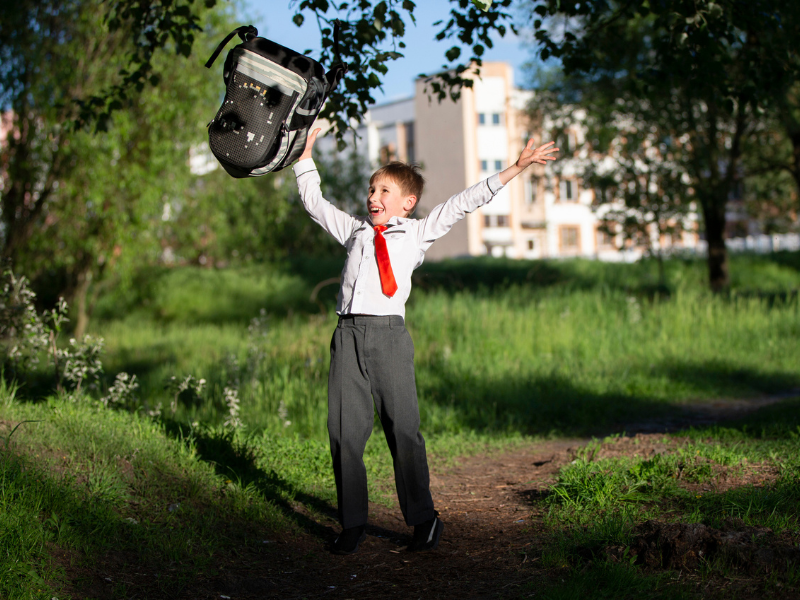Between 30 and 40 percent of students in every grade level say school is “too easy,” according to a report from the Center for American Progress. The report examined student surveys collected by the National Association for Educational Progress, a widely trusted nationwide test conducted every year.
“There’s a popular perception that students are overworked and underplayed, that they are taking home 40 pound backpacks full of schoolwork, but our overall analysis found just the opposite,” said Ulrich Boser, a CAP senior fellow and report coauthor. “The large majority of students are not being challenged in school.”
Underworked and Overplayed
More than half of the nation’s eighth-grade history and civics students say their work is “often or always too easy,” according to the report. Twelfth-grade students sang the same tune, with 56 and 55 percent, respectively, saying their civics and history work is “often” or “always” too easy.
Almost a third of the eighth-grade students reported reading fewer than five pages a day either in school or for homework, below what many experts recommend for students in middle school.
Thirty-nine percent of 12th-grade students say they rarely write about what they read in class.
“There’s been a gradual diminishing of outside reading and homework because teachers increasingly found that students were coming to class without having done it,” said Sandra Stotsky, professor of Education Reform at the University of Arkansas.
According to the study, 37 percent of fourth-graders, 29 percent of eighth-graders, and 21 percent of twelfth-graders say their math work is often or always too easy.
“Our expectations in mathematics and science are a year or two behind the higher-achieving countries around the world,” said Ze’ev Wurman, a former senior policy adviser for the U.S. Department of Education. “Schools have been dumbed down over the years.”
Common Core to the Rescue?
The report recommends more “rigorous standards like those put forth through the Common Core” to combat schools’ apparent lack of academic rigor.
Stotsky questions this recommendation, saying Common Core only attempts to lift below-average students, with no affect on average and above-average students, those who feel unchallenged.
“When Boser says more kids will be working harder under Common Core, I don’t know where he is getting that from,” Stotsky said. “Common Core is stronger than many states’ standards in K-5, but by the time students get to high school, [the] English and math standards are behind and are not internationally benchmarked.”
Other countries tend to teach algebra in grades eight and nine, Wurman noted. Over the last decade the U.S. number has increased to more than 40 percent of eighth-grade students taking algebra.
“In 1998, we had 17 percent of students in California taking algebra in the eighth grade,” Wurman said. “Now we have 65 percent. Common Core wants to teach algebra in high school, so we are basically giving up what we won in the war of the last decade.”
Image by Lloyd.




